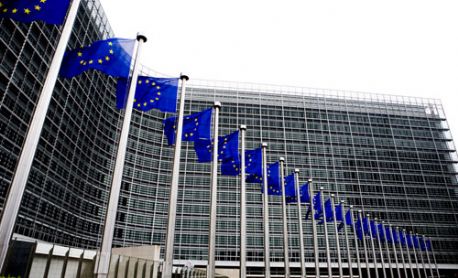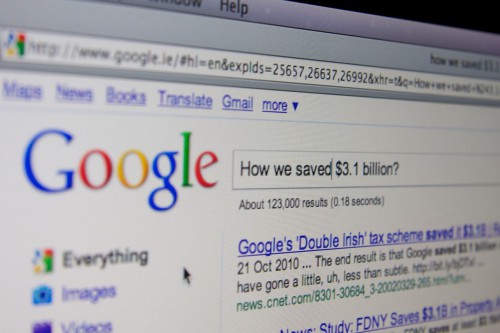
With all of this information floating about it’s difficult for anyone without their ‘ear to the ground’ to get a concrete understanding of exactly what ‘Penguin’ is, and what the effects have been. I’ll put the speculation to one side for the moment and start with the facts:
What is it?
Google’s latest update aimed at rewarding high-quality sites in search results by targeting and demoting sites appearing ‘overly optimised’. Some sites that have used or are continuing to use outdated tactics (specifically tactics to get other websites to link to theirs for the purposes of improving rankings in search results) have been affected by this, however there are reports of websites that have never engaged in such tactics being affected by the update as well.
When did this happen?
Google released a blog post stating that the update would roll out “in the next few days” back on 24th April- almost one month ago at time of writing. Most sites affected by this will have noticed changes around 24th onwards.
How to I tell if I was affected?
Sites affected by the update will probably notice a change in rankings and visits from organic search traffic (specifically visits from Google) around this time. If using Google Analytics you should be able to tell by navigating to ‘Traffic Sources’->’Sources’->’Search’->’Organic’, making sure you have a date range that spans a few weeks before and after this date. To be sure it’s best to limit the data you are viewing to Google only. Look for ‘Primary Dimenson’ and click ‘Source’ next to it to give you a list of organic search sources, and click on ‘google’:
The example above shows a drop in visits from organic search (specifically from Google)- if you see a consistent increase in visits around this time it is likely that a competitor may have been affected and your site may have improved in rankings as a result.
OK it looks like my site has been affected- What else do I need to know?
1- You’re not alone-
thousands of sites have been affected by this update- some undeservingly so (to the point where Google has created a feedback form for sites that don’t believe should have been affected by the update)
2- Penguin is an algorithmic update- it isn’t personal.
Google has identified your site as being within this ‘category’ based on the data it has, not due to a human reviewing your site personally.
3- Reconsideration requests won’t help-
SearchEngineLand.com reported:
“Because this is an algorithmic change, Google has no plans to make manual exceptions. Webmasters cannot ask for reconsideration of their site, but we’re happy to hear feedback about the change on our webmaster forum.”
4- Noone that has been affected by Penguin has recovered… yet-
There is a wealth of speculation and tips for recovering from the penguin update online, however noone can confirm what the best solution to recovering from this update is. Currently there has been no ‘refresh’ or ‘reevaluation’- sites that were affected are still in the same boat.
5- Penguin isn’t ‘real-time’-
Like the ‘Panda’ updates before, the Penguin update isn’t continually reevaluated in real-time, meaning any changes that are made now won’t have any impact until Google reevaluates their data at a later date.
How can I get my traffic and rankings back?
The only certain answer at this stage is no-one can be 100% sure (as with pretty much anything within the SEO sphere), but the potential signs of redemption lie in evaluating the existing links to your website and the methods used to attract links from external websites.
Microsite Masters released some interesting findings of sites they analysed that had been affected by the Penguin update:
“every single site we looked at which got negatively hit by the Penguin Update had a “money keyword” as its anchor text for over 60% of its incoming links. On the other hand, the sites that were not hit by the update had much more random percentages.”
This suggests that sites with a higher percentage of links that use the keyword they are trying to rank for (‘money terms’) in the clickable part of the link to their website (‘anchor text’) are more likely to have been affected by this update. This isn’t a ‘one size fits all’ issue, and I’m certain that Google would have considered several other factors rather than the percentage of keyword-rich links a site has, but suggests that Google are looking for more evidence of brand promotion rather than search engine manipulation when assessing the links to your website.
As with other large updates introduced by Google in the past, this re-emphasises the importance of diversifying the sources of income your business as a whole has. Depending on one revenue channel alone can be risky- even when times are good, so it’s important to remember that channels such as paid search, email marketing, online PR, affiliate marketing and social can be profitable.
img credit: opencage.info






